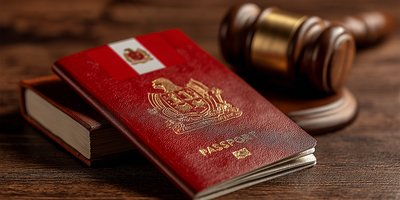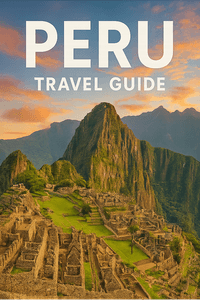Traveling to Peru, particularly to iconic destinations like Machu Picchu and Cusco, offers a breathtaking experience, but it is essential to take health precautions to ensure a safe and enjoyable trip. As a visitor, you may encounter altitude sickness due to the high elevation of Cusco (3,400 meters or 11,200 feet above sea level). To mitigate this risk, it is advisable to spend a few days acclimatizing in the city before heading to Machu Picchu.
Stay hydrated by drinking plenty of water, and consider consuming coca tea, which is traditionally used in the Andes to alleviate symptoms of altitude sickness. Additionally, travelers should be aware of food and water safety; always drink bottled or boiled water and avoid street food unless it is from reputable vendors.
Vaccinations are not mandatory for entry into Peru, but it is recommended to be up to date on routine vaccines and consider getting vaccinations for diseases such as Hepatitis A and Typhoid. Carry a basic first aid kit, including medications for common ailments such as headaches, stomach issues, and altitude sickness.
Insect protection is also important, especially in the Amazon region, where dengue fever and malaria can be concerns. Using insect repellent and wearing long sleeves can help reduce your risk. When hiking the trails to and around Machu Picchu, wear sturdy footwear and be mindful of the weather, as it can change rapidly.
Lastly, practice good hygiene by washing your hands frequently and using hand sanitizer, particularly before meals. Always carry a copy of your travel insurance and emergency contact information. With these health precautions, you can fully immerse yourself in the rich culture and stunning landscapes of Peru while minimizing health risks.












